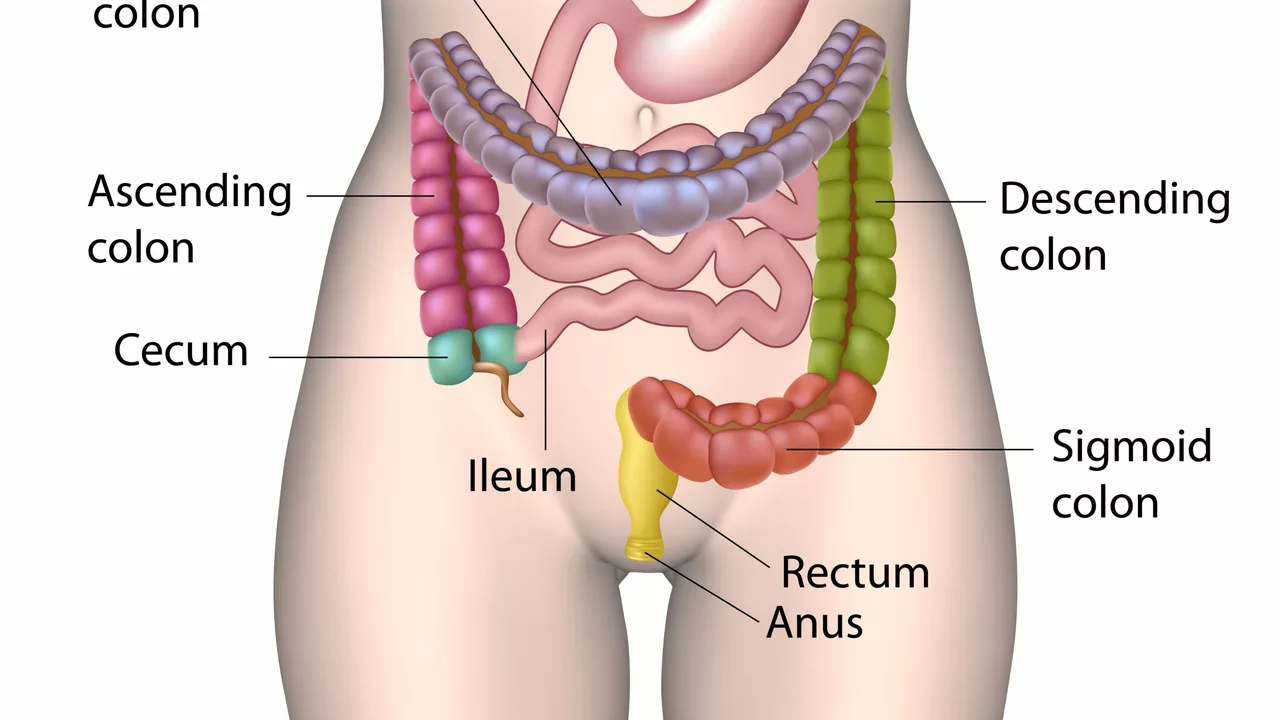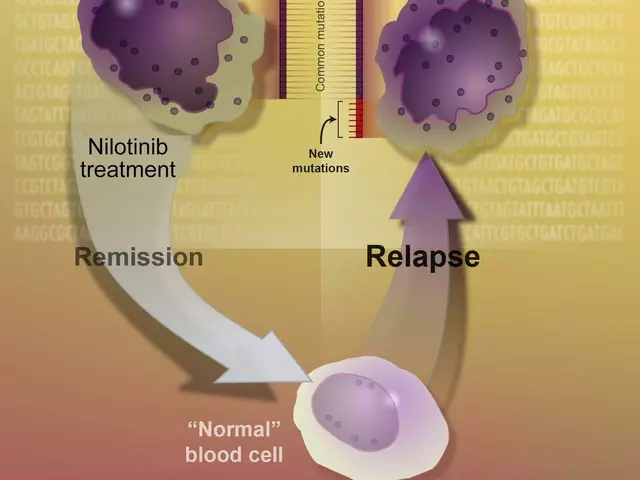
Understanding the Role of the Colon in Chronic Diarrhea
Anatomy of the Colon
In order to deeply grasp the role of the colon in chronic diarrhea, it’s crucial to first understand its basic anatomy. The colon, also known as the large intestine, is a major part of our digestive system, and it plays a vital role in water and electrolyte absorption, as well as the formation and excretion of feces. It is approximately 5 to 6 feet long and is divided into four main sections: the ascending colon, transverse colon, descending colon, and sigmoid colon. Each section has its unique functions and characteristics, which we will delve into in the next sections.
Functions of the Colon
The colon is responsible for several key functions in our body. At its simplest, it absorbs water and electrolytes from the remaining indigestible food matter after it has passed from the small intestine. This process helps transform the liquid residue into solid waste, or stool. The colon also houses a vast number of bacteria, which aid in the final stages of digestion by breaking down any remaining nutrients. Finally, the colon is responsible for the storage and controlled evacuation of fecal material.
Colon and Chronic Diarrhea: The Connection
Chronic diarrhea is a condition characterized by loose or watery stools that persist for more than four weeks. It can be the result of various factors, but often, it’s directly related to issues in the colon. Disruptions in the normal functioning of the colon, such as an imbalance in the absorption and secretion of fluids, can lead to diarrhea. Conditions that affect the colon, such as Irritable Bowel Syndrome (IBS) or Inflammatory Bowel Disease (IBD), often present chronic diarrhea as a symptom.
Common Colon Disorders leading to Chronic Diarrhea
There are several disorders of the colon that can lead to chronic diarrhea. IBS is a common disorder that affects the large intestine and can cause cramping, abdominal pain, bloating, gas, and diarrhea. IBD, which includes conditions like Crohn's disease and ulcerative colitis, causes inflammation in the digestive tract leading to severe diarrhea, pain, fatigue, and weight loss. Colorectal cancer, while less common, can also cause chronic diarrhea. It's important to consult a healthcare professional if you're experiencing persistent diarrhea, as it could be a sign of a serious condition.
Diagnosis and Treatment
If you're suffering from chronic diarrhea, it's essential to get a proper diagnosis. This usually involves a detailed medical history, physical examination, and various tests including blood tests, stool tests, and imaging tests. Depending on the underlying cause of the diarrhea, treatments may vary. They might include dietary changes, medication, or in severe cases, surgery. Probiotics and hydration therapy are also commonly used to manage symptoms.
Preventive Measures
While chronic diarrhea can be a symptom of a larger issue, there are measures you can take to help prevent it from occurring. Consuming a balanced diet rich in fiber can help regulate bowel movements. Staying hydrated is also crucial, as diarrhea can lead to dehydration. Regular exercise can help stimulate normal contractions of your intestines, and reducing stress levels can also help, as stress can upset your digestive system. Remember, it's always better to prevent than cure.





Written by Jakob Fitzroy
My name is Jakob Fitzroy, and I am an expert in pharmaceuticals with a passion for writing. I have dedicated my life to studying medication and understanding how it affects various diseases. My goal is to educate people about the importance of proper drug therapy and prevention methods. I have authored numerous articles, providing valuable insights on medication, its development, and its impact on patients. My driving force is to contribute to the ongoing fight against diseases and improve the overall health and well-being of people around the world.
All posts: Jakob Fitzroy